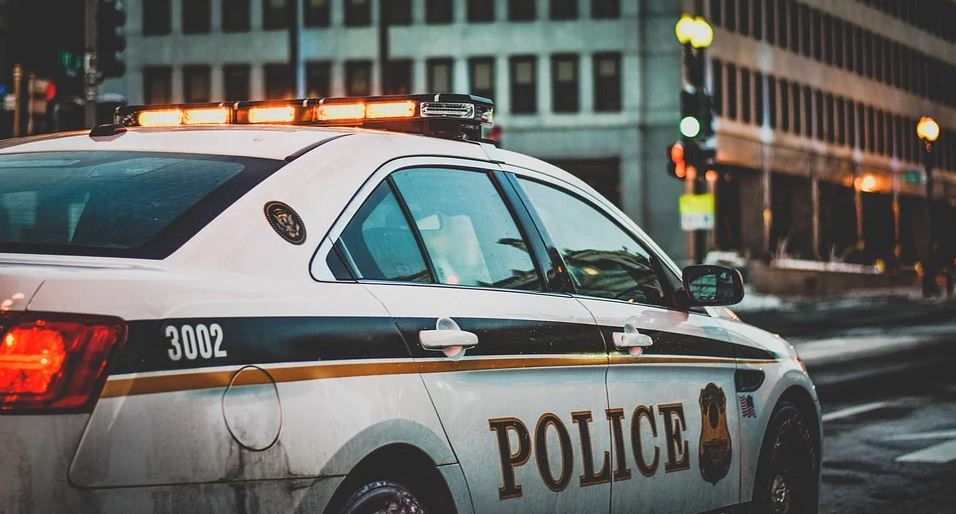Driving While Intoxicated (DWI) offenses are some of the most common criminal cases in the United States. According to the Centers for Disease Control and Prevention (CDC), police arrested more than a million drivers for DWI in 2016 alone. Like any criminal offense, prosecutors can dismiss DWI charges if they choose, but nobody facing a DWI should count on that happening.
Why Are There So Many DWI Arrests?
There are several reasons why DWI cases are so prevalent:
- Lots of people drive under the influence
- Police can often spot intoxicated drivers easily
- DWI charges are some of the most difficult charges to fight in court
Why Are DWIs So Hard to Fight in Court?
There is simply not a ton of wiggle room in DWI cases when compared to other criminal offenses. In an assault case, for example, there may be myriad mitigating circumstances that a defense attorney can argue. They can claim self defense, duress, defense of property, mutual combat, or other circumstances that could sway a jury or make prosecutors reluctant to commit to the case.
On the other hand, DWIs really come down to one thing: a driver’s Blood Alcohol Concentration (BAC). If a driver’s breath or blood test shows that his or her BAC is over the legal limit of 0.08, he or she is guilty of DWI. As such, not many DWI cases make it to trial; most of them are resolved by plea bargaining.
Is DWI a Misdemeanor or a Felony?
A run-of-the-mill DWI is usually a misdemeanor, but prosecutors can opt to charge DWI as a felony if there are aggravating circumstances. Prosecutors are more likely to charge DWI as a felony if:
- There is injury, death, or significant property damage as a result of the offense
- The driver is extremely intoxicated (generally twice the legal BAC or higher)
- The driver has previous DWI convictions, especially recent ones
- The driver is transporting one or more minors at the time of the offense
This is not a comprehensive list; whether a DWI is charged as a misdemeanor or a felony is largely a matter of prosecutorial discretion and state law.
Possible Penalties for Misdemeanor DWI
Generally speaking, a misdemeanor DWI charge carries a maximum penalty of up to 364 days in jail and a $1,000 fine. Additionally, those convicted of DWI will nearly always face the suspension of their driving privileges. Some states, such as Washington, impose mandatory minimum sentences and fines for driving under the influence and provide a comprehensive chart that judges use when determining sentences.
Possible Penalties for Felony DWI
Felony DWI charges can have severe consequences; those convicted face up to 10 years in prison and a fine of up to $5,000. Additionally those convicted of felony DWI or multiple misdemeanor DWIs will likely have to install an ignition interlock device in their vehicles after their driving privileges are reinstated.
What to Do When Stopped for DWI
When people are stopped after they have been drinking and are likely over the limit, the outcome is usually arrest, but there are a few general rules to follow that can weaken the prosecution’s case.
Drivers who know or suspect that they are over the legal limit should not admit to being intoxicated, and they have little to gain from submitting to a breathalyzer. Most states will automatically suspend driving privileges when people refuse field or breath tests, but since a DWI conviction will result in license suspension regardless, this is somewhat inconsequential.
Without incriminating test results, the state will have a much harder time securing a conviction. Drivers who refuse to submit to tests will likely be arrested, and the police will have to secure a court order to test their BAC through a blood test. during this time, the driver’s BAC can diminish substantially.
Mistakes Officers Make that Can Get the Charges Dropped
According to Houston attorney Jay Cohen of Blass Law, there are five mistakes officers may make during your arrest that can help you in a court case. These are:
- Stopping you without probable cause
- Searching you without your consent
- Exceeding the scope of consent
- Illegally searching your vehicle
- Not having a valid search warrant
To seek help from a DWI lawyer you can visit this link. Officers may have made a mistake in your case that can get the charges against you dropped. An experienced DWI lawyer can assess the strength of the state’s case, negotiate with prosecutors, and secure a favorable outcome.

